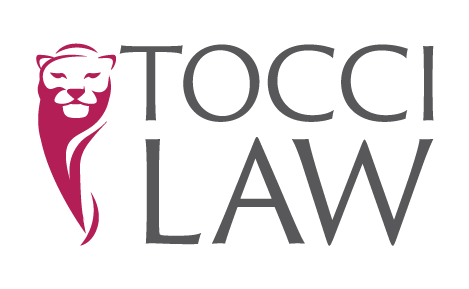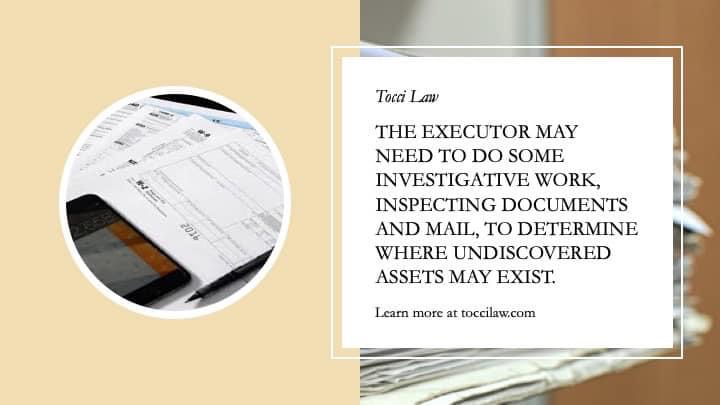An executor is a person who is appointed to carry out the terms in a Last Will & Testament (called a “Will” for short). The testator, or person creating the Will, chooses his/her executor and alternate executors. It is an honor to be named as the executor because the chosen individual is usually the testator’s best choice in terms of trustworthiness and responsibility. However, being the executor can also be confusing and feel like a burden. When it comes time to act, most people find themselves unsure of the responsibilities and duties that come along with being the executor of a Will. Figuring out your required tasks can be difficult and overwhelming, especially when dealing with the death of a loved one. Here you will find a summary of some of the common tasks associated with serving as executor. This blog is not exhaustive, and the executor’s duties may extend beyond the activities mentioned here. The duties of an executor are not exactly the same for every estate. If you’ve been named executor in a Will and would like the assistance of legal counsel to probate a Will and/or advise you in your duties as executor, contact the Law Offices of Jennifer G. Tocci, P.C.
Gather and protect the estate assets: Generally, a decedent (the person who died) will have obvious assets, such as houses, cars, and bank accounts. However, the executor may need to do some investigative work, inspecting documents and mail, to determine where undiscovered assets may exist. Once assets are known, you will want to keep them safe. You cannot sell them for unfair prices, discard valuable items, or allow things to be wasted or destroyed. This will remain a responsibility of the executor’s until the assets are properly distributed to the beneficiaries.
Open an estate bank account: An executor is strictly not permitted to comingle his/her assets with that of the decedent’s. This step isn’t required if the estate has no assets.
Pay debts: Debts that are valid, appropriately, and timely asserted will need to be paid out of the decedent’s assets. You are not personally liable to pay the estate debts (unless you are married or otherwise separately responsible for the debt).
Pay Taxes: The executor may have to file income tax returns for the decedent. In many cases, the estate itself will need to file tax returns. If the estate exceeds five-million dollars, federal income tax returns will also need to be filed. The executor may wish to hire accountants to ensure the proper tax documents are filed with the federal and state governments.
Identify the beneficiaries: Most times, the beneficiaries are clearly identifiable. They are either known or expressly named in the Will. Other times, there will be people named in the Will that the executor does not know. Or there will be clauses in the Will that state, “all remaining assets shall be given to my great-grandchildren,” and those individuals will need to be identified and located.
Distribute the assets: The executor will need to distribute the assets to the proper beneficiaries. The Will usually needs to be fully probated, and Letters of Testamentary issued by the Surrogate’s Court before most assets can be distributed. Property, bank accounts, access to safe deposit boxes usually require probate prior to transfer of legal ownership.
All of the steps that need to be taken during executorship will differ from estate to estate. A skilled attorney can assist you during this process. Call the Law Offices of Jennifer G. Tocci, P.C., (631) 343-7676 to schedule an appointment with one of our attorneys.









